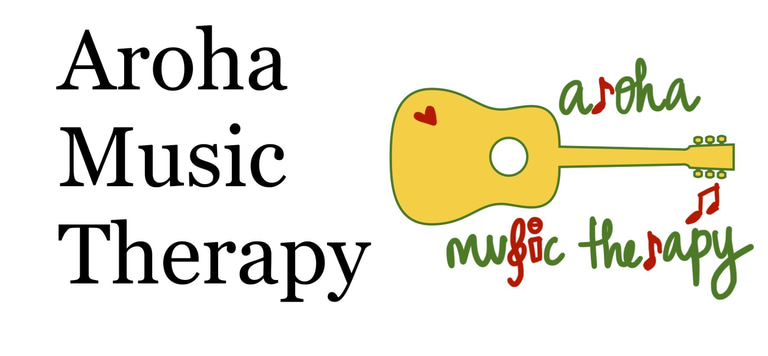Why I Stopped Writing Session Plans (And What I Do Instead)
As a music therapy student, I was taught to write detailed session plans for every intervention. While I no longer follow this practice in my everyday work, I’ve come to appreciate the value of this approach. In this post, I reflect on how this training shaped my mindset and why I now take a more flexible, intuitive approach to planning interventions.
Ananya Muralidharan
2/10/20252 min read
I recently started a series on Instagram discussing things I no longer do as a music therapist, despite being taught to do them during my training. Now that I’ve been practicing for three years, I’ve had time to reflect on these shifts. In the first post, I talk about how I no longer write detailed session plans. Allow me to elaborate!
As an undergraduate, I was taught to write extensive session and lesson plans for every intervention we practiced in our methods classes. These classes were structured so that each student would facilitate an intervention on a weekly basis. Writing out these plans was intended to set us up for success in leading interventions. Each plan included:
Objective and goal
Materials required
Setup/environment requirements
Step-by-step detailed facilitation instructions
Possible extensions and adaptations
An explanation of how the music functions to support the goal
These plans followed a consistent structure, with each section customized for the specific intervention.
Some sections are self-explanatory, but I want to clarify a couple that might not be as obvious. In the extensions and adaptations section, we outlined how we would modify the intervention based on whether the client needed more or less support. In the how the music functions section, we explained how the chosen music helped facilitate the intervention. We would analyze whether the music provided reinforcement, structure, motivation, etc., and describe how it did so.
At the time, I found this process tedious. Little did I know it would lay the foundation for how I approach interventions as a therapist today. While most practicing music therapists (myself included) no longer write out detailed session plans, I’ve come to appreciate the value of this practice.
Although I still agree with my past self that writing out every detail is time-consuming, I now realize it helped shape my approach to interventions. As a music therapist, I facilitate multiple interventions within a single session, often four to five in an hour. Writing a formal plan for each one would be impractical. Instead, when I develop an intervention, I naturally think through the necessary materials, potential adaptations, and how to adjust based on the client’s response.
In the music therapy community, we often emphasize the importance of understanding what needs an intervention addresses. This has become second nature to me—like a muscle I exercise daily—and I have my undergraduate education to thank for ingraining this approach in me!
